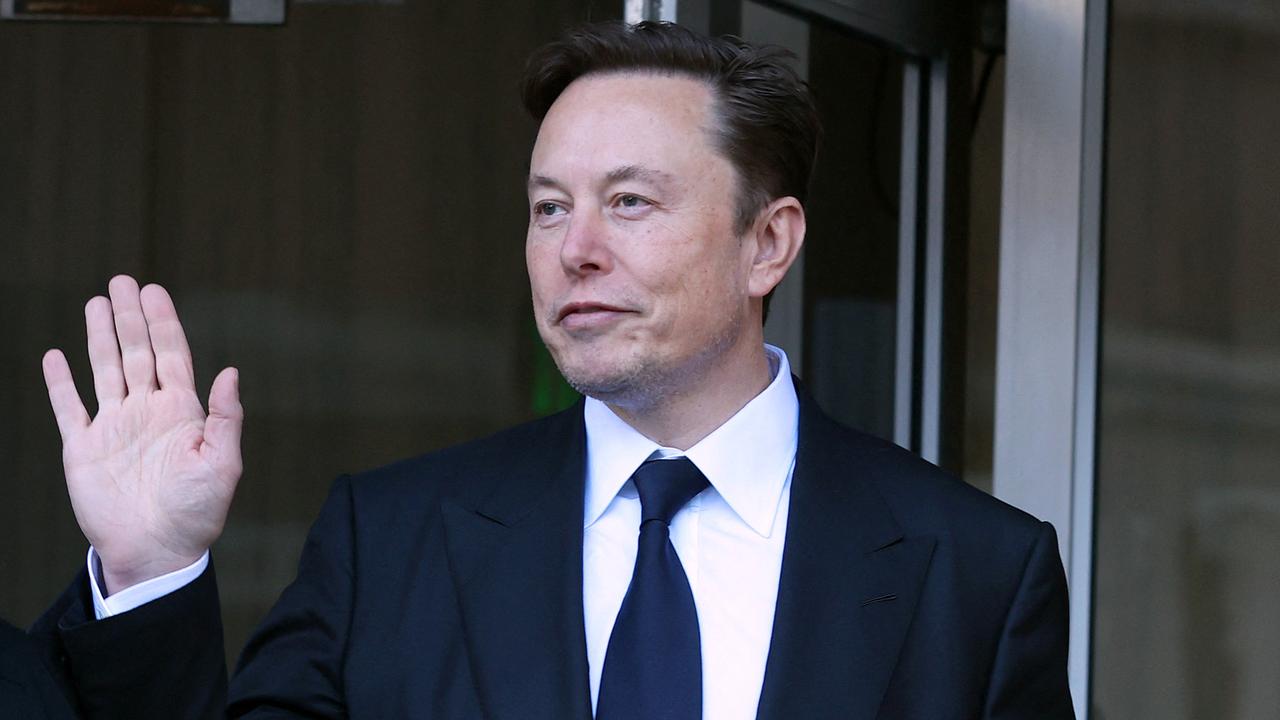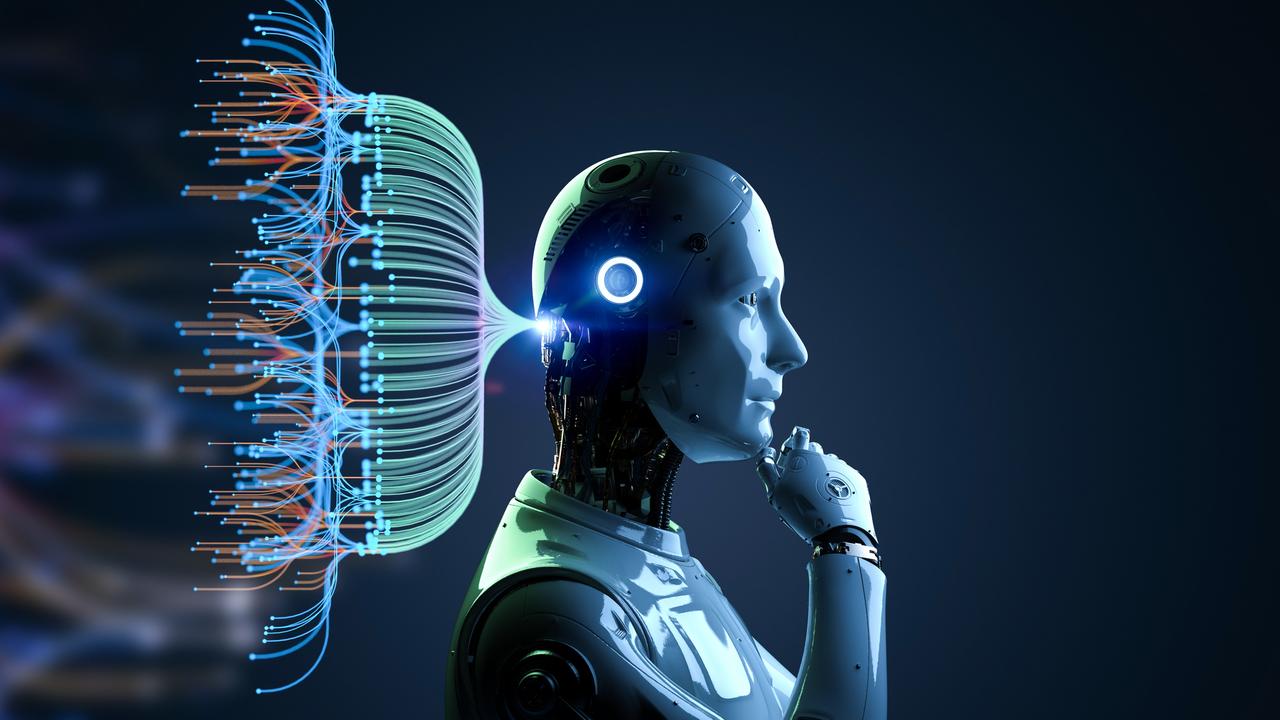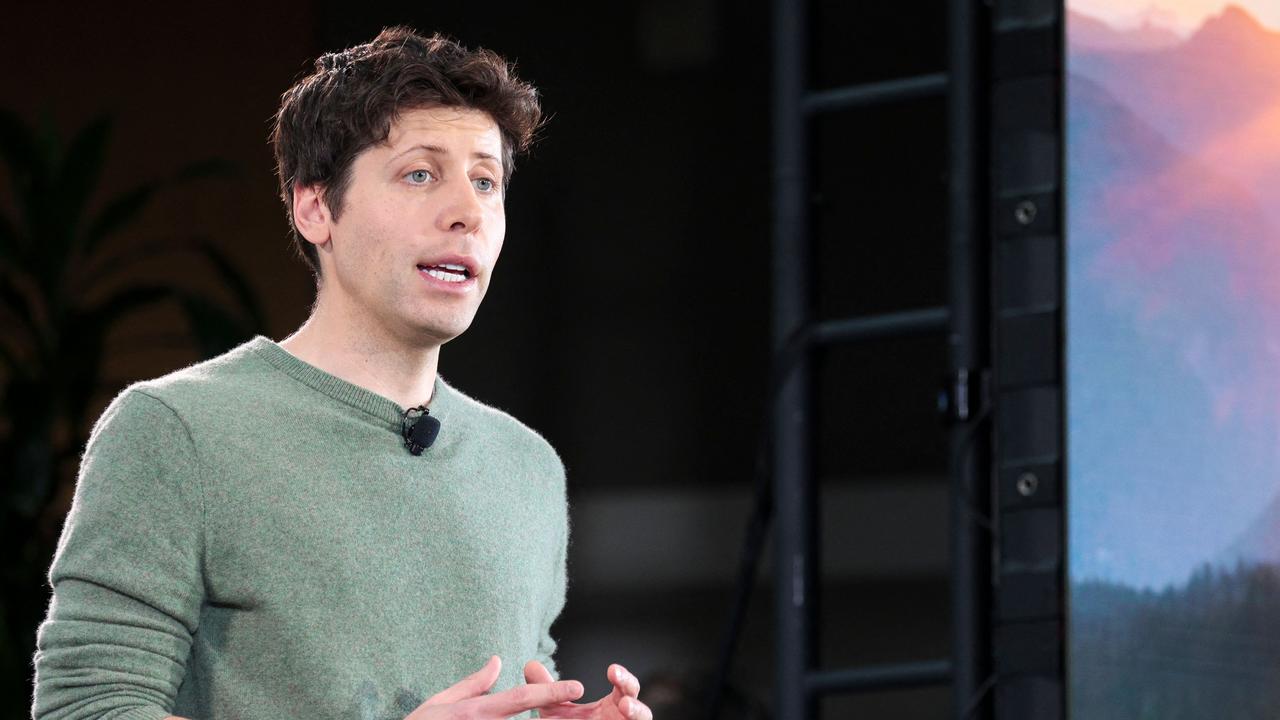Elon Musk reacts to GPT-4 and asks ‘What will be left for us humans to do?’
A new, more powerful version of Chat GPT has been developed that can ace exams — and the world’s richest man Elon Musk is concerned.
The new artificial intelligence chatbot ChatGPT has taken the world by storm in recent months, grabbing headlines.
The technology has an uncanny ability to use text — it can compose poems, song lyrics and pen assignments.
People have even tested its power to sit university-level tests and it managed to pass a law exam in the United States.
Some news organisations have been putting the AI to the test to write stories.
Now an even more powerful version of the technology — GPT-4 has been unveiled by the company Open AI.
OpenAI cofounder Sam Altman said it was the “most capable and aligned model yet” with the ability to use images as well as text.
It’s available today for some users.
As an experiment, we decided to use Chat GPT-3.5 to explain the new technology, as well as discuss some of the reaction it’s getting online regarding the jobs market and its impact on students.
What do you think about the new Chat GPT-4? Let us know in the comments below.
Elon Musk reacts to GPT-4
After OpenAI announced the development of its latest artificial intelligence language model, GPT-4, Elon Musk, CEO of Neuralink, tweeted his response to the news, expressing his concern about the potential impact of AI on the job market.
In his tweet, Musk wrote, “What will be left for us humans to do? We better get a move on with Neuralink!”
This comment sparked a flurry of responses on social media, with many people speculating about what the future may hold for human labour and the role of AI.
Mr Musk has been a vocal critic of AI in the past, warning about the potential dangers of creating artificial intelligence that is more intelligent than humans. He has called for greater regulation and oversight of AI development, arguing that it could pose a threat to human civilisation.

However, Mr Musk has also been working on his own AI-related projects, including Neuralink, a company that is developing brain-computer interface technology.
The aim of Neuralink is to enable humans to communicate directly with machines using their thoughts, potentially allowing for a closer integration between humans and AI.
The development of GPT-4 has once again raised questions about the role of AI in society and the potential impact on the job market. Some experts have predicted that AI could lead to widespread job displacement, particularly in industries like transportation, manufacturing, and retail.
However, others argue that AI will create new job opportunities and lead to greater economic growth. They suggest that AI could be used to automate repetitive and mundane tasks, freeing up humans to focus on more creative and fulfilling work.
As the debate about the impact of AI on society continues, Mr Musk’s comments about Neuralink and the need to “get a move on” suggest that he believes there is still a role for humans in the age of AI. While it remains to be seen exactly how AI will change the nature of work, it is clear that it will have a significant impact on society in the years to come.

Cheating concerns about the new AI
Brett Winton, chief futurist at ARK Investment Management, wrote on Twitter about GPT-4, “GPT-3.5 scored 10th percentile on the bar exam, GPT-4 hits the 90th percentile. On BC calculus it got the equivalent of a 4, good for college credit at 99% of colleges.”
The tweet sparked discussions about the potential implications for cheating in universities and colleges.
If GPT-4 can score in the 90th percentile on the bar exam, it suggests that the model has a high degree of proficiency in understanding and analysing complex legal language and concepts.
Similarly, the model’s ability to achieve the equivalent of a 4 on the BC calculus exam implies that it has a strong grasp of advanced mathematical concepts.
These capabilities raise concerns about the potential for students to use GPT-4 or similar AI models to cheat on exams or assignments.
With access to such powerful language models, students could potentially generate highly sophisticated essays, papers, or exam responses that are difficult for human graders to distinguish from genuine work.
Universities and colleges will need to be vigilant in detecting and preventing cheating through the use of AI models like GPT-4. This may involve implementing new technologies or techniques for detecting plagiarism, as well as educating students about the risks and consequences of cheating using advanced AI tools.

What is Chat GPT-4?
GPT-4 is the latest artificial intelligence language model and the fourth iteration in the GPT series. It is expected to be the most powerful and sophisticated language model yet.
GPT-4 is built on the success of its predecessor, GPT-3, which has been widely praised for its ability to generate natural language text that is difficult to distinguish from human writing. GPT-3 has been used in a variety of applications, including chatbots, language translation, and content creation.
However, GPT-4 is expected to be even more advanced than GPT-3. OpenAI has not yet revealed the full details of the model, but it is expected to have significantly more parameters than GPT-3, which has 175 billion parameters.
According to OpenAI, GPT-4 will be able to perform a wide range of natural language tasks, including language translation, question answering, summarisation, and more. Additionally, the model is expected to be capable of more sophisticated reasoning and inference, making it better equipped to handle complex tasks that require a deeper understanding of language.
OpenAI has not yet announced a release date for GPT-4, but it is expected to be a significant milestone in the development of artificial intelligence language models. The company has said that they will be releasing more information about the model in the coming months, so stay tuned for updates.
Experts in the field have already expressed their excitement about the potential of GPT-4. Some have predicted that it will be a major breakthrough in the field of natural language processing and could lead to significant advances in AI research and development.
Overall, the development of GPT-4 represents a major step forward in the field of artificial intelligence and natural language processing. As AI technology continues to evolve and improve, it has the potential to revolutionise the way we interact with machines and make significant contributions to fields like healthcare, finance, and education.
Originally published as Elon Musk reacts to GPT-4 and asks ‘What will be left for us humans to do?’




